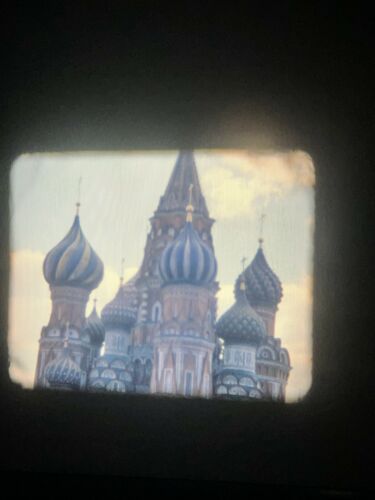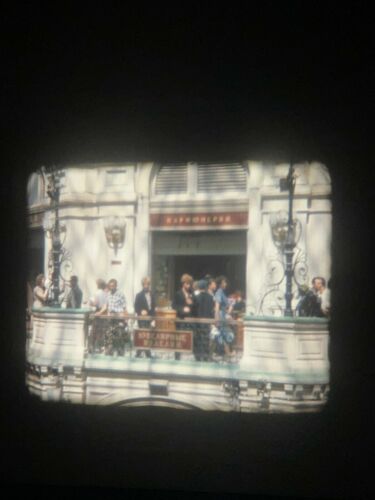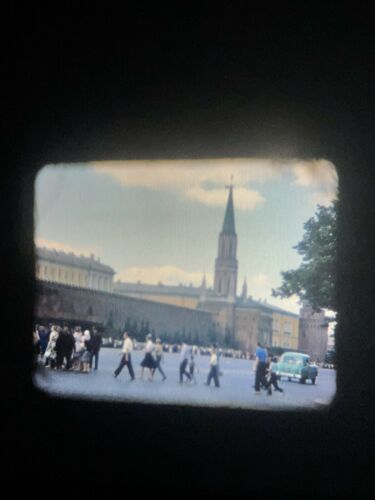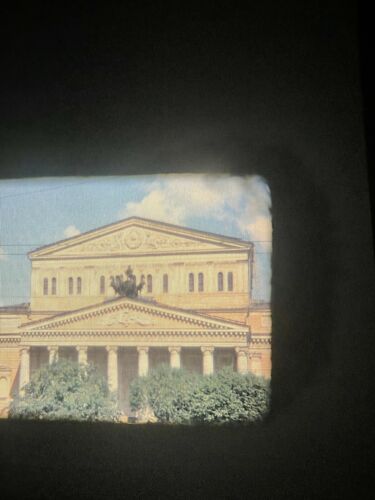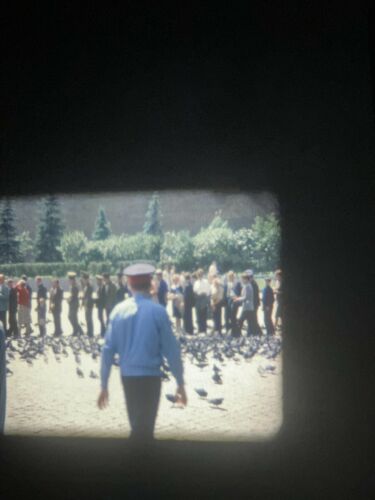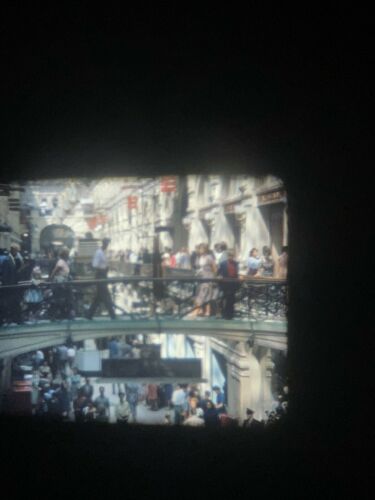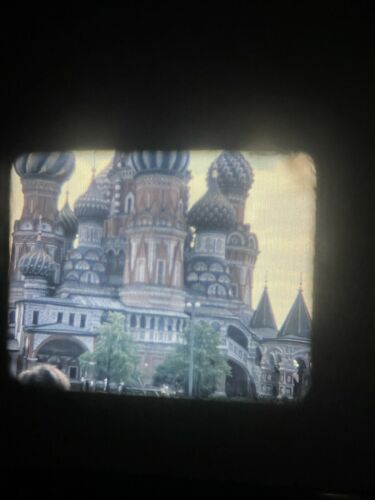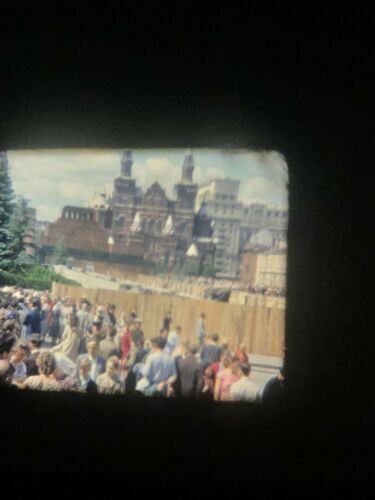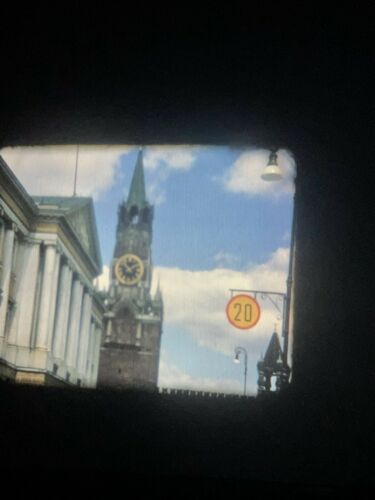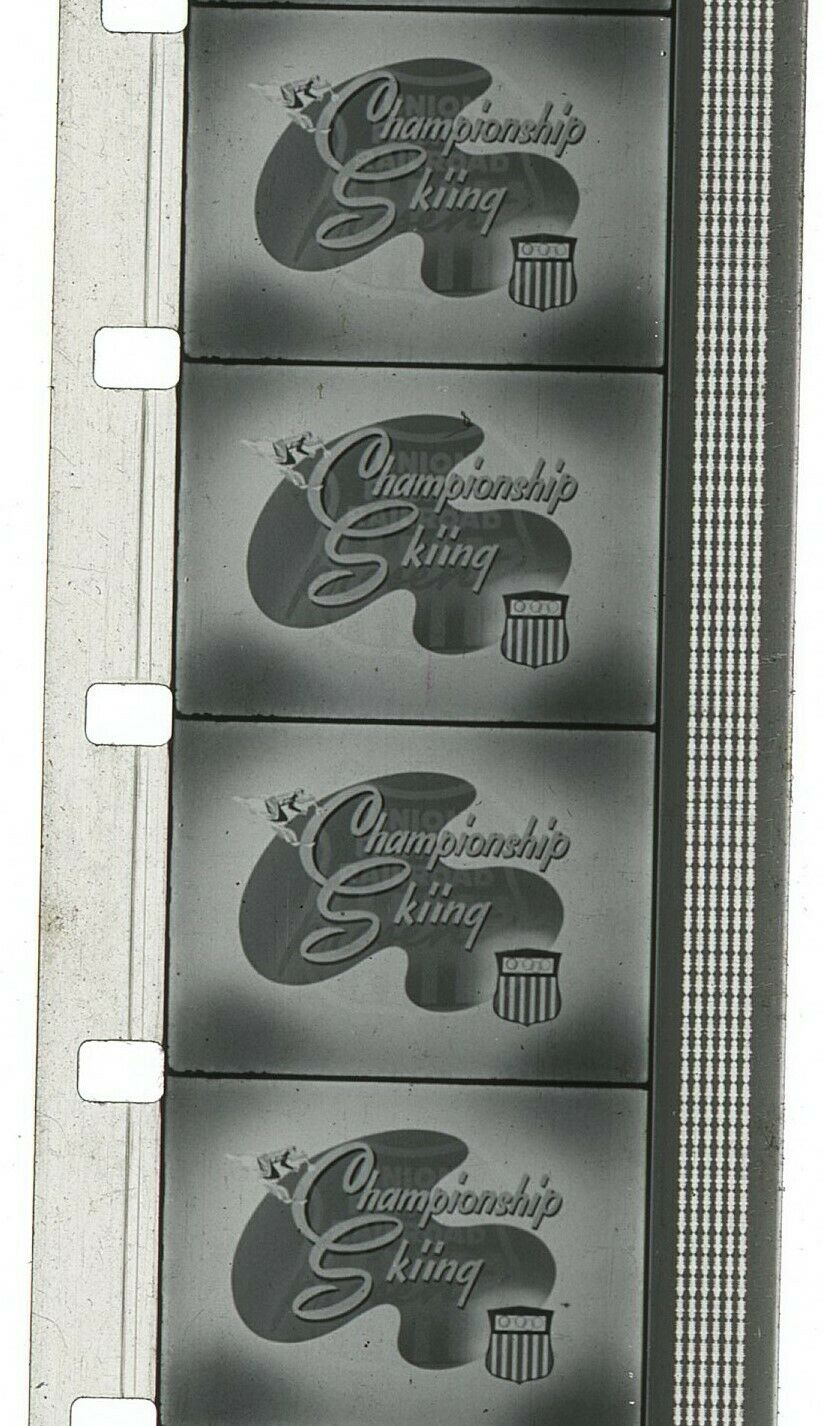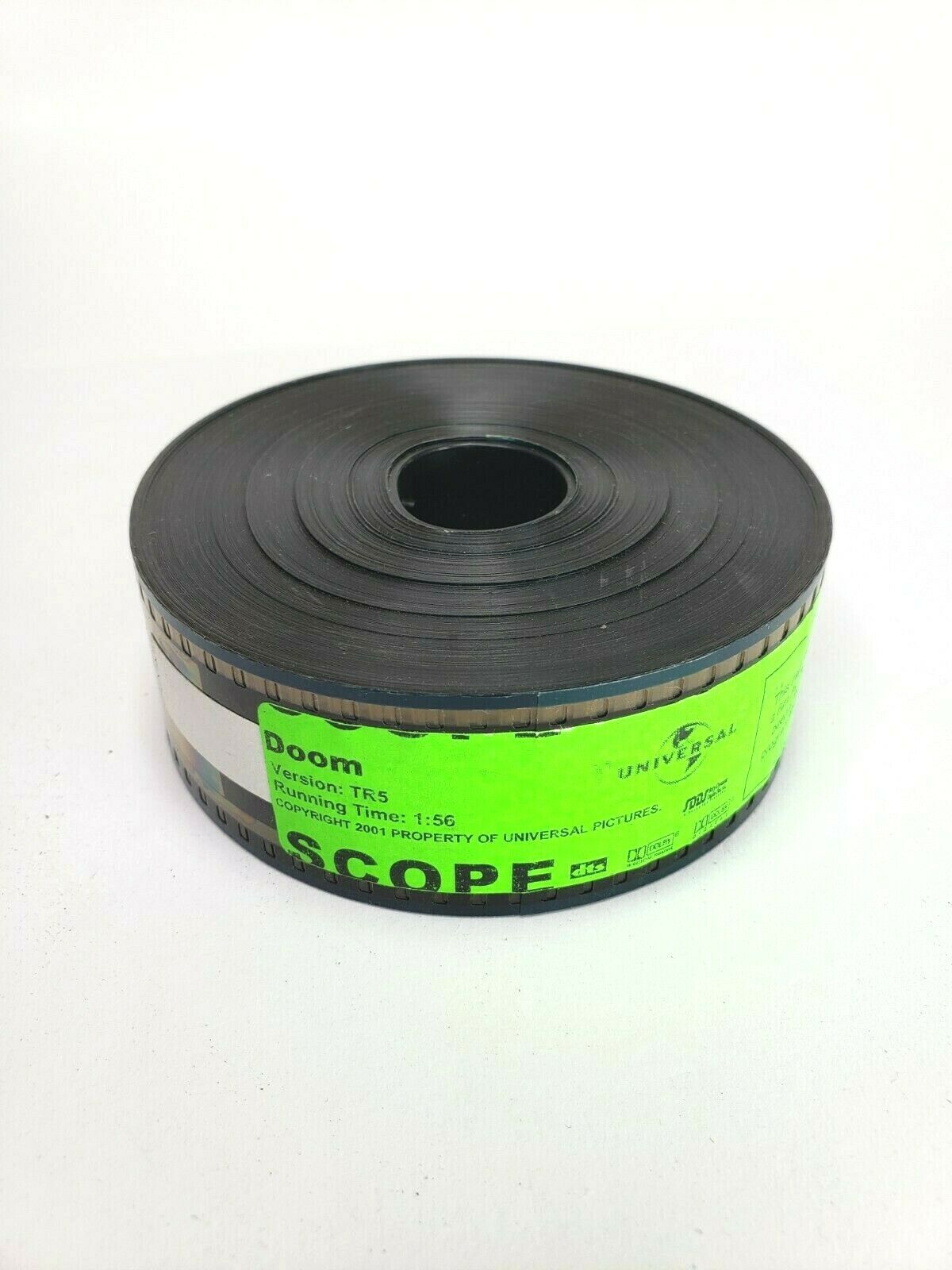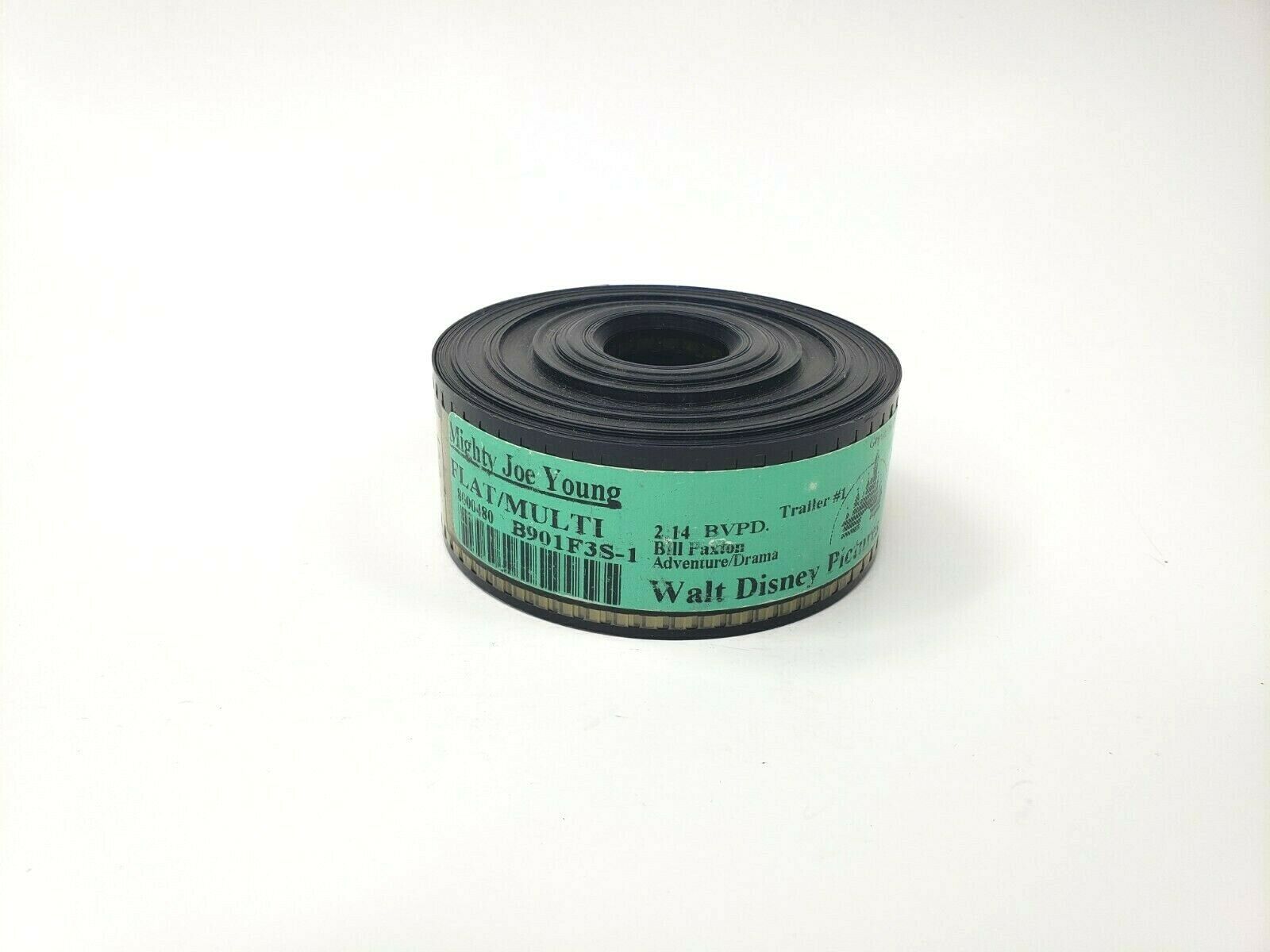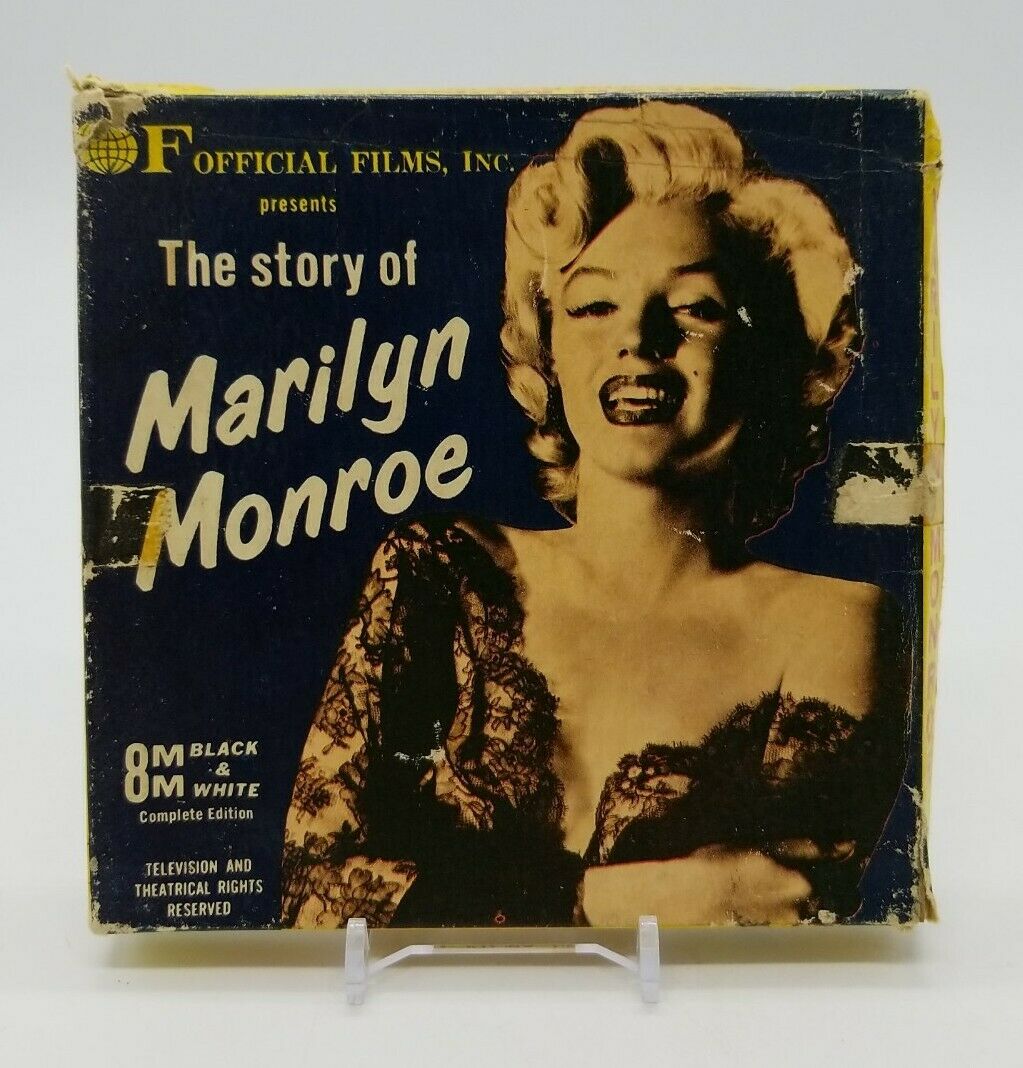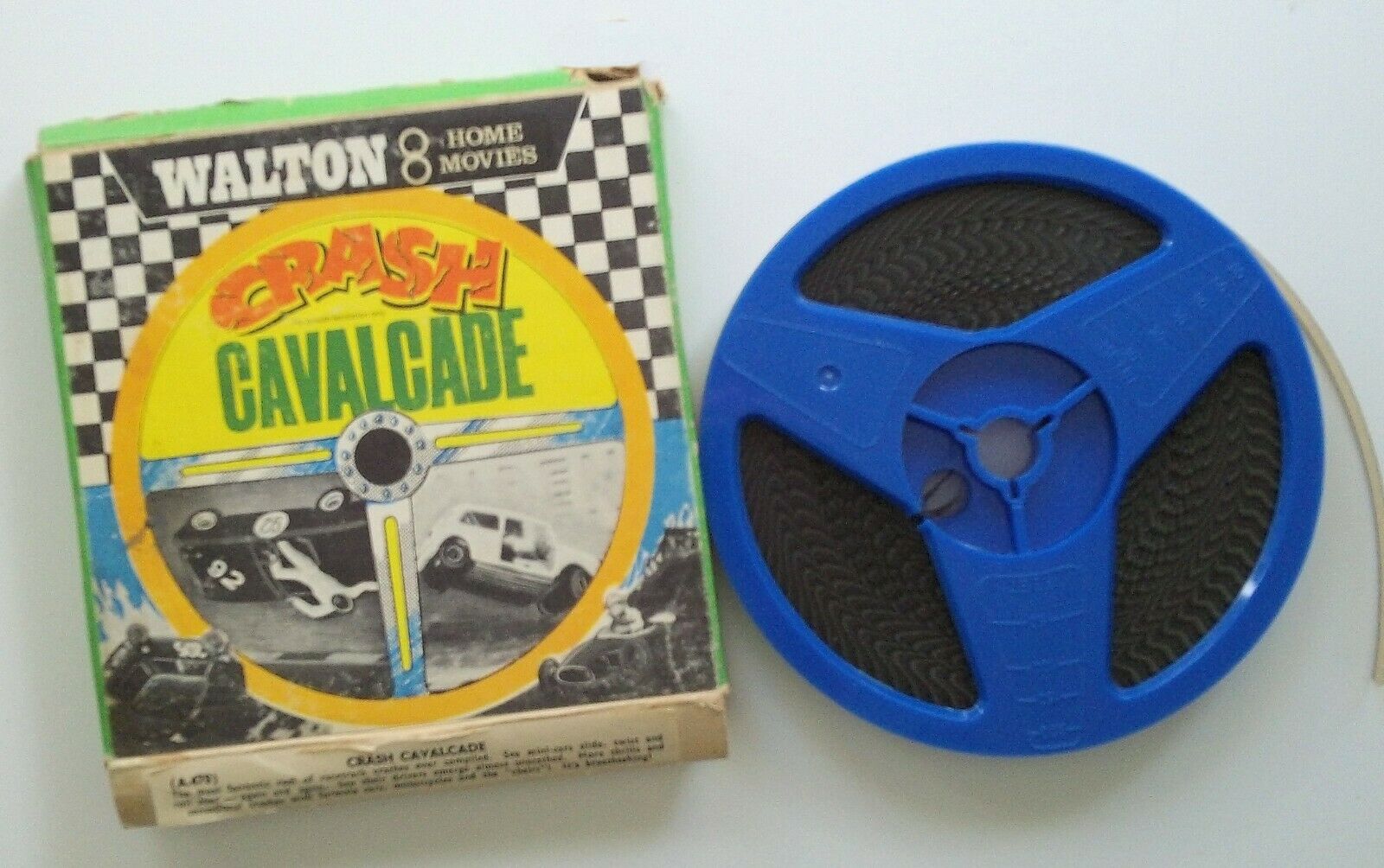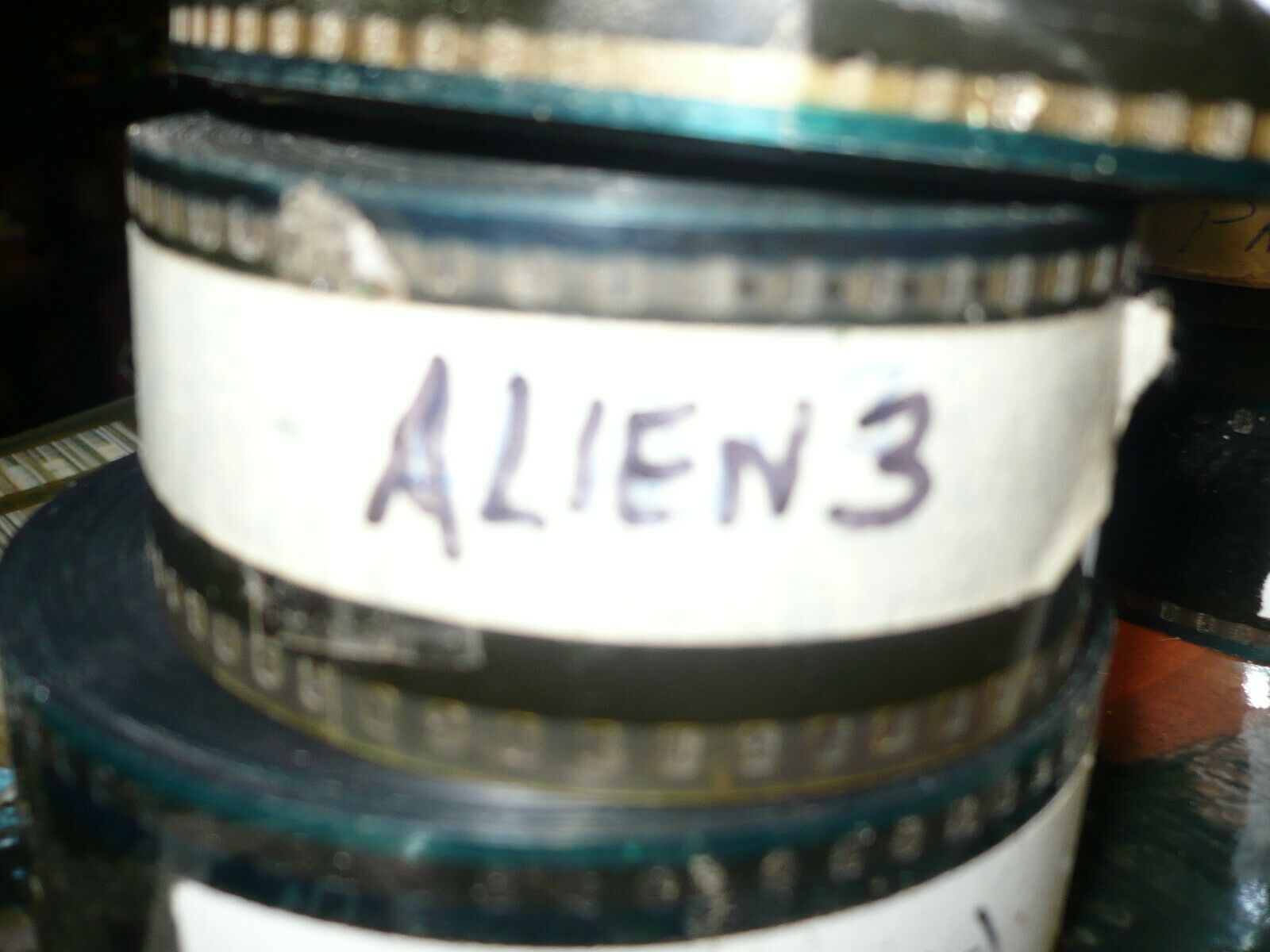-40%
VINTAGE 1963 16mm COLOR Film HOME MOVIE MOSCOW RUSSIA RED SQUARE LENIN ST BASILS
$ 5.27
- Description
- Size Guide
Description
VINTAGE 1960s 16mm COLOR Amateur Film HOME MOVIE MOSCOW RUSSIA RED SQUARE LENIN ST BASILS #27This auction is for one of over 30 films that I will be auctioning separately. These came from the estate of Frank Henry John Figge (1904 - 1973). See below for his detailed biography. One of his passions was traveling and taking video of the sights he saw. Sometimes it was a building or indigenous population or just the surrounding countryside.
The listing in this auction is for Box #27. This movie is all about Moscow Russia and the Red Square area. The movie shows the Bolshoi Ballet theatre, Red Square, the line to see Lenin in his tomb, Gumm the state department store, and of course Saint Basils Cathedral church. This movie has a great amount of views you don’t get to see very often.
The film itself is in excellent shape. I was able to feed it through the projector with no issues and it played perfectly. However I would suggest having it moved to digital before the film degrades further. The majority do not have sound, a few marked sound did not play through my old projector, so unknown if any sound exists. Each reel is “nearly identical” in run time— around 2 minutes 30/40 seconds, therefore films are short in length. (100 foot films).
Biography of Frank H J Figge
Frank Henry John Figge's university life started at Colorado College where he received an AB in 1927 as a biology major. It was there that he started his research career on Mexican axolotl (Ambystoma mexicanum).
Subsequently he earned his PhD from the University of Maryland in 1934, and was awarded ScD (Hon), by Colorado College in 1968. He was Chairman and Professor of the Department of Anatomy, University of Maryland, 1955-1971. Prior to that he was Instructor in Anatomy, 1929-1936; Assistant Professor 1936-1947; Professor 1947-1973. At his death in 1973, he was elected Professer Emeritus. On a sabatical year, he was Rockefeller Fellow in Anatomy, Yale 1940-1941 where he worked with L.C. Strong, and switched from research on salamanders to research on mice. He was a Visiting Professer in Anatomy, University of Pennsylvania, 1948-1949.
Dr. Figge left a record of patents and over 250 scientific papers pertaining to cancer, porphyrins, body fluid replacements, the needleless injector and numerous other subjects. The breadth of his interests is reflected also in membership in professional societies which included:
Fellow A.A.A.S; Member, American Association of Anatomists, Executive Committe, 1953; American Academy of Neurology; American Genetics Society; American Society of Naturalists; Histo-chemical Society; Society for Experimental Biology and Medicine; American Association of Cancer Research; Marine Biology Corporation; American Associations Medical Colleges; Southern Society Cancer Cytology; Sigma Xi; Delta Episolon Club; Torch Club, president Baltimore Chapter 1953-1954. (The Torch Club is a Professional Society Organization.)
Member, Board of Trustees of the Biological Stain Commission, 1947-1971 and President, 1954-1956; American Cancer Society, Vice President 1952-1956; Maryland Division President, 1956-1962;Chairman of the Anatomy Board of Maryland 1955-1971.
He was listed in publications such as "Who's Who in America", American Men of Science, and after his death was in "Who Was Who in America"
He was the author of "Guide to Dissection:, manual for Gross Anatomy. From 1962 until his death he was the American Editor of Sobotta-Figge "Atlas of Anatomy", a unique feature of which was the clock dial references for location of labeled items on each illustration, together with explanations of anatomical terms, Greek Latin and English.
Frank H.J. Figge was born in 1904 in Silver Cliff CO and baptised Johann Frans Heinrich Figge - one of five children and the middle of three sons. His father, who was born in the St. Louis area as Johann Koke, was orphaned at an early age and adopted by the Frederich Figge family. John Figge ran a general store in Silver Cliff. Frank's mother, Maria Barbara Schwab was born in Bavaria and immigrated to the US between 1892 and 1894.
He was named after the German tradition with all the boy with the same first name and called by the second name. He was Frank Henry Figge until he married my mother. She didn't like the name Henry or the name Frank (she never called him Frank) . So he put John back in as a middle name.
Figge (which was what everyone except his mother and siblings called him) married the former Rosalie Yerkes in 1932. Their union was blessed with two daughters and seven grandchildren. Together they enjoyed ice skating, square dancing, gardening and travel.
He passed away in 1973 at the age of 68. His body was donated to the Anatomy Board of Maryland (for use in medical school) and when they were finished with it, he was cremated and buried in the state cemetery.
He has a memorial marker in Elmwood Cemetery and passed away in Towson MD which matches the majority of addresses on the boxes — where the processing lab mailed the film.
